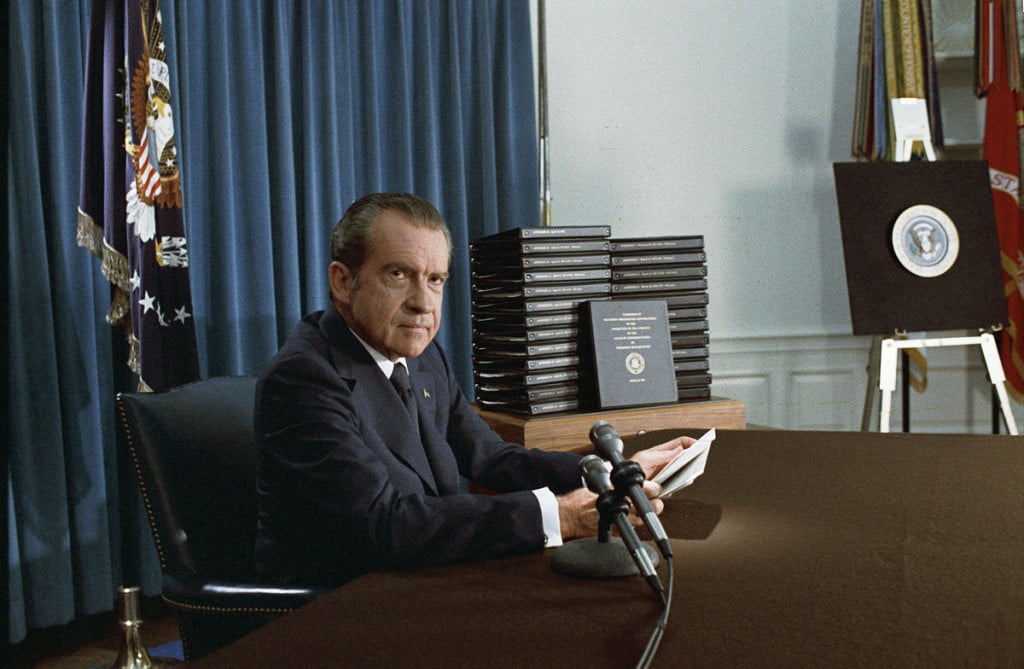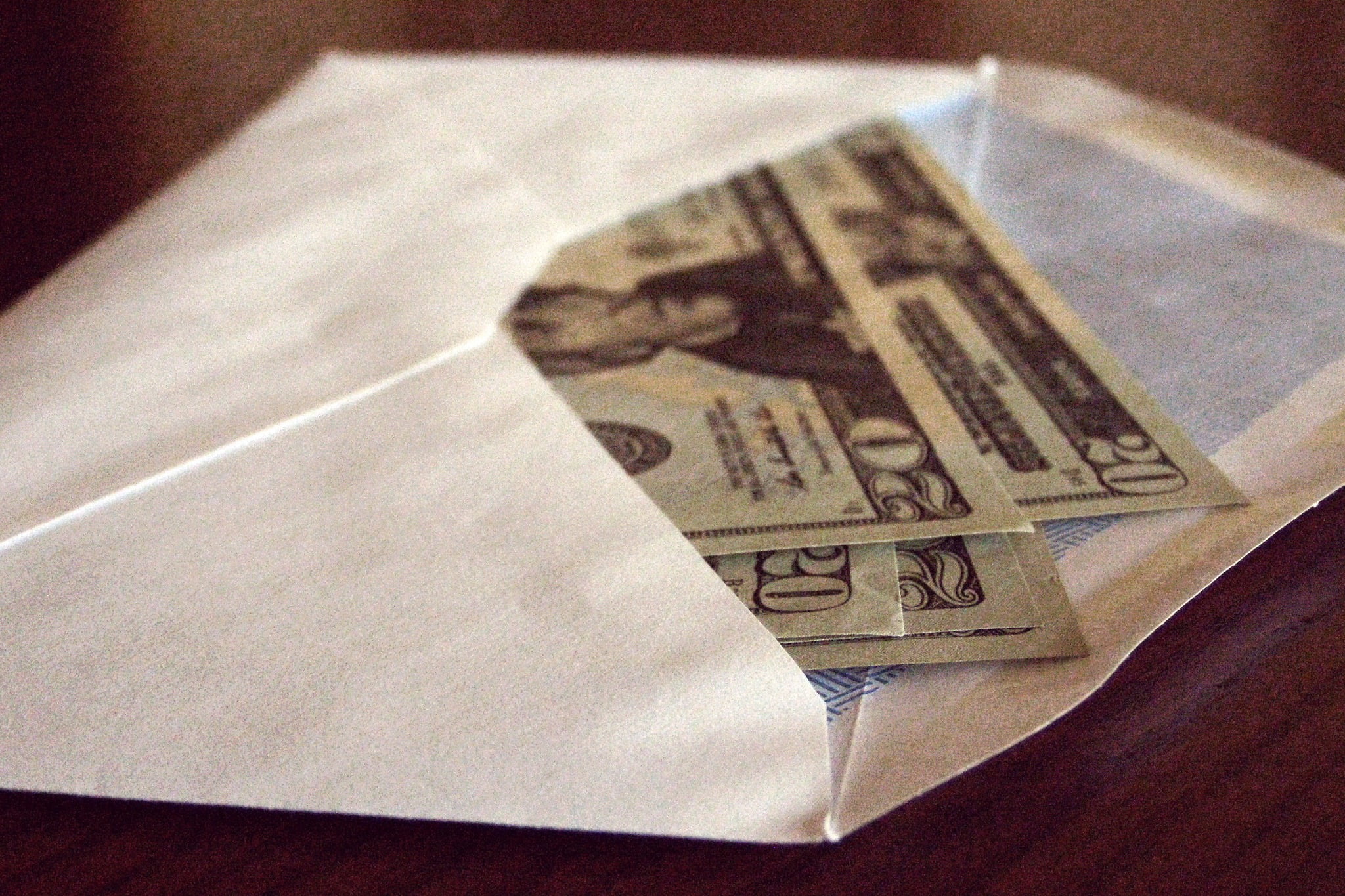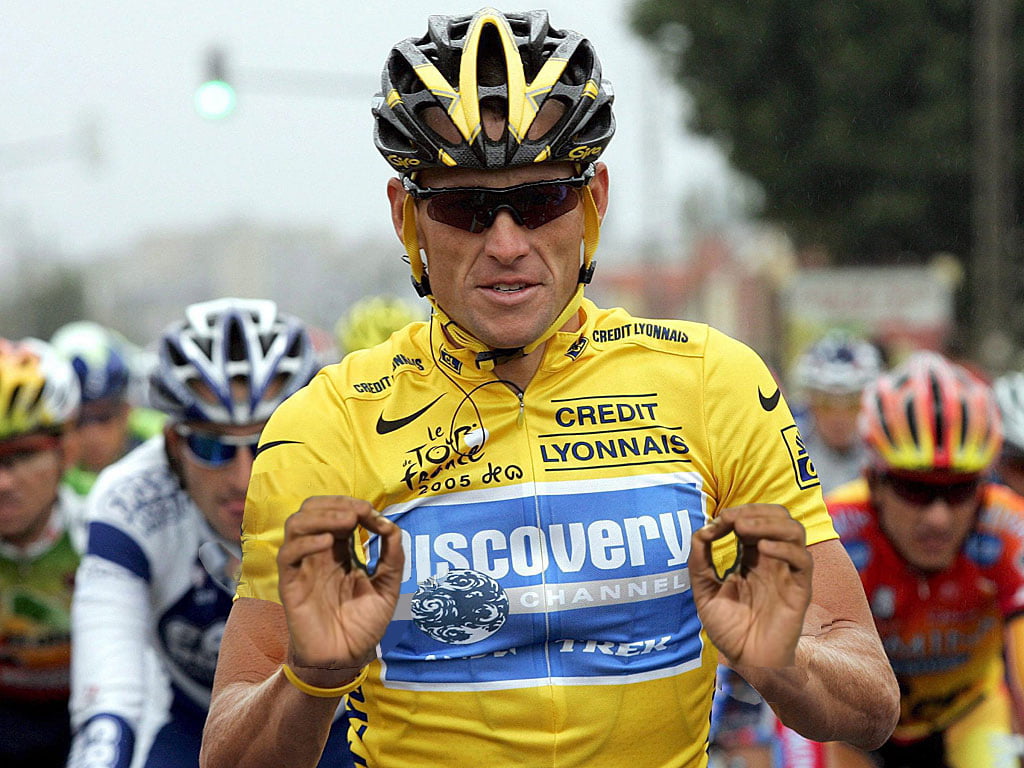This week, US presidential candidates are battling out the last days before the New Hampshire primary. Ironically timed, a new Israeli study shows that winning a competition may encourage dishonest behavior, “stemming from an enhanced sense of entitlement among competition winners.” And they said you were a sore loser.
SEE ALSO: Israeli Study Busts The Myth: Male And Female Brains Are The Same
When researchers Dr. Amos Schurr and Prof. Ilana Ritov asked the question: “How could it be that successful and distinguished people turn corrupt?” they hypothesized that social comparison would be the influencing factor. “What does it mean to win a competition?” Dr. Schurr asks NoCamels. “If you win a competition, it’s because you came first; you were better than the person who came second.” This kind of social comparison — as opposed to achieving a goal for which there could be not one but many winners — is what the researchers believe leads to dishonesty.
A game of craps
To test their hypothesis, Schurr and Ritov invited students into their lab to compete in games of dice. Players were randomly paired, and one person, the “thrower,” was told to take money from an envelope according to the sum of the numbers on the dice and leave the remainder for the “receiver.” However, only the thrower could see the dice, allowing them to cheat and claim more than they should have. In other words, if the thrower cheated, it was at the expense of the receiver. For full disclosure, the envelope contained one-shekel coins ($0.25) — not dollar bills — but the small amount was enough to create a morally compromising scenario, as the results show.
In a separate trial, the researchers randomly mixed up the paired players so that the throwers did not know whether their new partners won or lost the first competition. The results of the second competition showed that “those who won [in the first round] over-claimed money, and those who lost did not over-claim,” Schurr explains.
SEE ALSO: Train Your Brain To Be Happy With New App Happify
To further investigate the social dynamics, the researchers set up another experiment, this one with Trivial Pursuit. Players who answered more than 10 “very hard” questions were given a pair of JVC earbuds (arguably a better incentive than a few shekels), and then paired randomly to play dice. The researchers found that players’ individual performance on the trivia task, in which there was more than one winner, was unrelated to their claims in the dice game.
Sign up for our free weekly newsletter
SubscribeDishonesty unpacked
Schurr’s and Ritov’s conclusion, in no uncertain terms: “Winning a competition engenders subsequent unrelated unethical behavior.”
“Winning a competition increases the likelihood of winners to steal money from their counterparts in a subsequent unrelated task… The effect holds only when winning means performing better than others, but not when success is determined by chance or in reference to a personal goal,” the authors of the study wrote.
What can explain the results? Schurr and Ritov suspect entitlement is at play. “When you think you’re better than others, you think you deserve more than others,” Schurr says. Their analysis shows that participants who recalled winning a match felt more entitled than participants who had recalled achieving a personal goal. So it’s not greed or ambition that engenders dishonest behavior; rather, it’s the belief that one is inherently deserving of privileges or special treatment — even above the law.
To mitigate the problem, Schurr suggests doing away with social comparison. If the 100 meter dash record is 9.58 seconds, then create a race in which the goal is to run it in 9.40 seconds. “When you achieve this goal, you think about the goal rather than being better than others.”
Ok, so we’ve reduced doping at the Olympics. Now, how about the presidential race?
Ben Gurion University’s Dr. Amos Schurr and Hebrew University’s Prof. Ilana Ritov recently published their study in the scientific journal Proceedings of the National Academy of Sciences of the United States of America (PNAS).
Photos: National Archieves and Records Administration; Chris Potter; Disney | ABC Television Group; Sebastian David Tingkær
Related posts

Rehabilitation Nation: Israeli Innovation On Road To Healing

Israeli High-Tech Sector 'Still Good' Despite Year Of War








Facebook comments